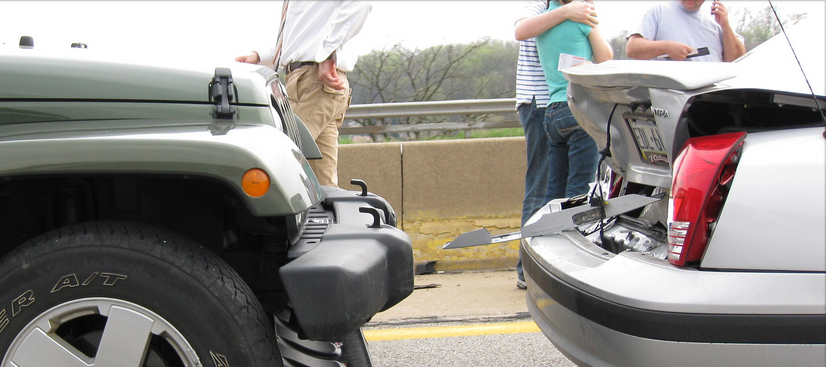Press Release: New Version of B.C. Best Seller “What ICBC Doesn’t Want You to Know”
Posted on by Mussio GoodmanWes Mussio, Managing Partner of Mussio Goodman Injury Lawyers has written a new version of the book titled “What ICBC Doesn’t Want You to Know”. The book series has over 50,000 copies in circulation and the latest version is sure to be even more popular than the others. After recently being featured in the Vancouver Sun and the Daily Hive the book has been published in its entirety on ICBCAdvice.com.
The reason being, the government has introduced a complete overhaul of the ICBC injury claim system for accidents on or after April 1, 2019 which will take away many of the rights of injured victims of car accidents. Wes Mussio remarked “If you read the press releases of the NDP government on the new system and read ICBC’s propaganda, most people would conclude that the changes are beneficial not harmful to the injured victims of car crashes in B.C.. Truth be told, there is going to be a severe restriction on victim’s rights under the new system as the ICBC no-fault scheme put in place by the NDP government is clearly one-sided in favour of reducing the level of compensation payable to injured victims. After all, David Eby is boldly predicting that the changes will save ICBC well over a $1 billion annually.”
Under the new system, B.C. motorists suffering injuries in a car crash at no fault of their own will have a difficult time finding a lawyer that will assist on ensuring that their rights are protected. The book, “What ICBC Doesn’t What You to Know” will help many unrepresented claimants, and there will be many, understand the new system so they will be able to best pursue their claim. In other words, the book will help balance the playing field which is now tilted heavily in favour of ICBC under the new system.
The book covers topics such as what injuries are considered “minor”, how to deal with the new Civil Resolution Tribunal, how to receive treatment for your injuries under the new system and dealing with your medical doctor under the new system. Without this book, if a claimant relied only on ICBC for information, an unfair outcome on the claim is a real possibility.
Mr. Mussio noted “Trying to simplify this new no-fault scheme put in place by the NDP government into an easy to understand book was a time consuming task. I cannot imagine the average citizen, without some legal training, being able to stickhandle their way through the process for a fair outcome. Indeed that injured victim will be up against a trained ICBC adjuster or ICBC defence lawyer. Without some knowledge from non-ICBC or government sources, expect most injury victims to not get a fair outcome through ICBC. I am hoping this book will give these injury victims a fair chance to get the compensation they deserve.”
If you have any questions on the book or the ICBC no-fault scheme fell free to contact Wes Mussio at [email protected] or 604-603-8335. The books are available free from the author as a public service to ensure the many unrepresented claimants have a fair shot at a reasonable outcome.





